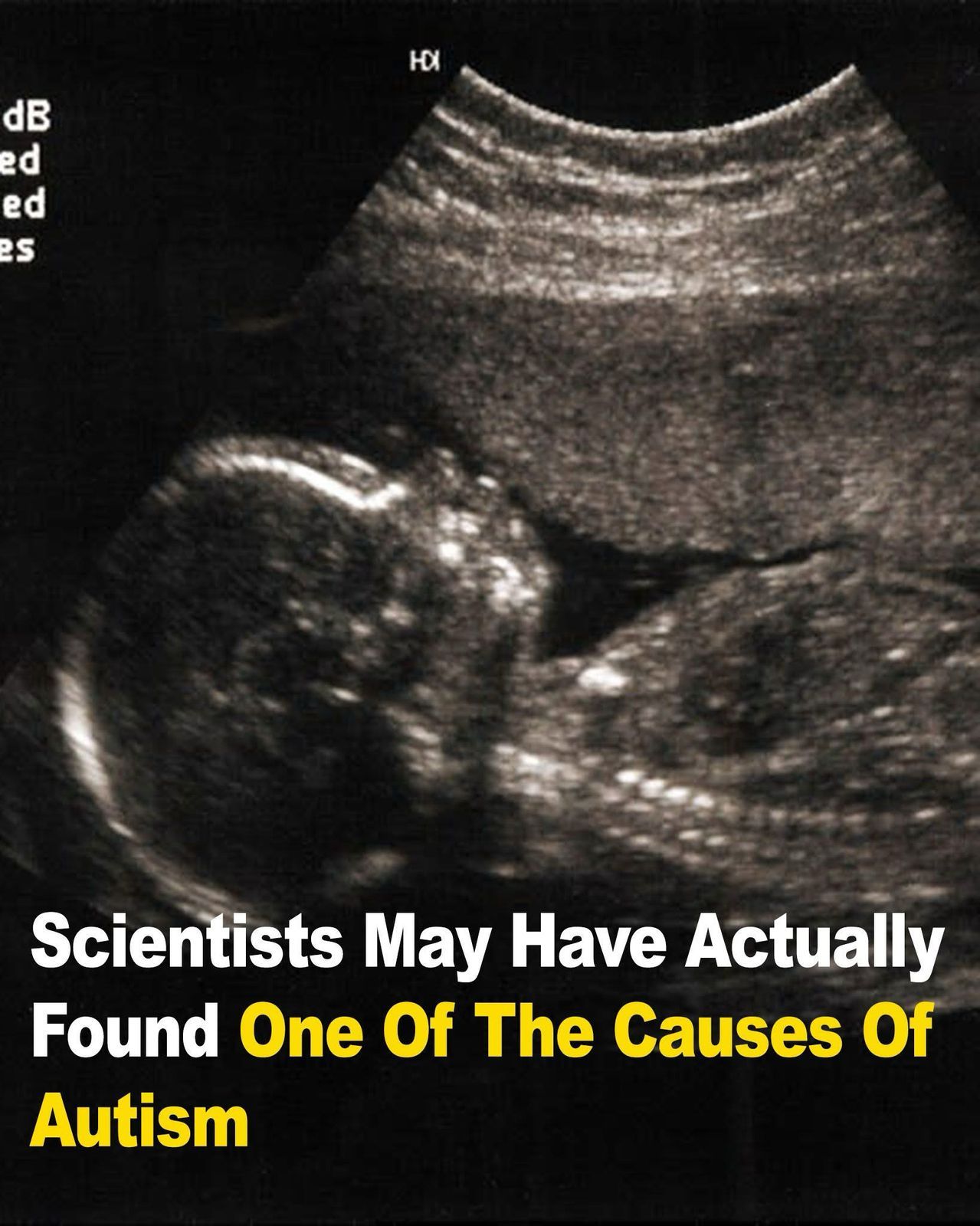In recent years, scientists have increasingly discovered how vital the gut microbiome is to our overall health. This intricate system of microorganisms in our digestive tract plays a critical role in everything from managing emotional responses and regulating mental health to influencing body weight and the likelihood of developing autoimmune conditions like lupus and type 1 diabetes.

Now, a newly published study in The Journal of Immunology is shedding light on another fascinating connection: a potential link between the maternal gut microbiome and autism. What makes this discovery especially interesting is that it isn’t the child’s own microbiome that seems to influence neurodevelopmental outcomes, but rather the microbiome of the mother during pregnancy. According to lead researcher John Lukens, a Ph.D. scientist at the University of Virginia School of Medicine, the maternal microbiome plays a significant role in shaping how the developing brain forms and how the immune system will later respond to stress, infection, or injury.
This insight into the prenatal environment could be a critical piece in understanding autism spectrum disorder (ASD), a complex condition that affects social interaction, communication, and behavior. Central to this new theory is a molecule known as interleukin-17a, or IL-17a, which is part of the immune system’s inflammatory response. IL-17a has already been connected to autoimmune conditions such as multiple sclerosis, psoriasis, and rheumatoid arthritis.
It’s also recognized for helping the body fight off fungal infections. What the researchers discovered is that this molecule may also play a role in brain development before birth. To test this hypothesis, researchers conducted experiments on lab mice. Female mice from two different laboratory colonies were used. The first group had gut microflora that made them prone to producing IL-17a-related inflammation, while the second group of mice did not. When IL-17a was artificially blocked in both groups, the offspring were born with behaviors considered neurotypical.
However, when no intervention was made and the inflammatory process was allowed to occur naturally, the pups born to the mice from the first group developed autism-like traits, including difficulties with social interactions and repetitive behavior patterns. To further confirm the influence of gut bacteria, scientists transplanted fecal matter from the first group of mice into the second group. This process altered the microflora in the second group to match that of the first. As expected, after the transplant, the pups of the second group also developed similar autism-like behaviors, reinforcing the idea that the mother’s gut microbiome plays a significant role in shaping neurological development in offspring. Although this study was conducted using mice and may not directly translate to humans, it opens up a new and exciting avenue for autism research. It suggests that the health of a mother’s digestive system during pregnancy may influence whether her child develops a neurodevelopmental disorder like autism. These findings don’t offer a definitive cause of autism, but they do highlight a potential contributor that could one day help inform preventive strategies. John Lukens emphasized that IL-17a might be just one of several important molecules involved in this complex puzzle. His team’s next steps will focus on studying human subjects to determine whether similar immune responses and microbiome-related changes occur during human pregnancies. Identifying specific elements in a mother’s gut microbiome that contribute to autism development could lead to groundbreaking ways of mitigating risk before a child is even born. While much more research is needed, these early findings offer hope that scientists are getting closer to understanding the biological processes behind autism. The ultimate goal is to use this knowledge to support early intervention strategies or even preventative approaches, potentially reducing the prevalence of ASD or lessening its impact. As researchers continue exploring the many ways our microbiome affects both mind and body, studies like this are an important reminder of how interconnected our systems truly are and how maternal health lays the foundation for future generations.





